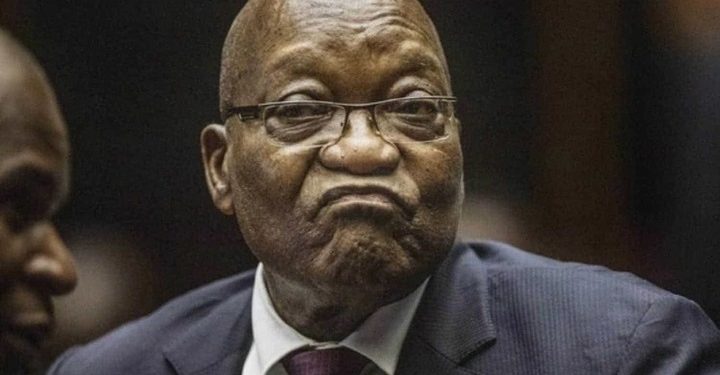The uMkhonto weSizwe (MK) Party has refused to accept the official outcomes of South Africa’s May 29, 2024 national elections, with former President Jacob Zuma making explosive claims that directly challenge the legitimacy of the vote. Despite official results showing the party secured 14.6% of the vote, Zuma insists his party actually won a two-thirds majority.
“We know for a fact that the MK Party won these elections with a two-thirds majority,” Zuma declared at a press conference in Johannesburg. “The people of South Africa spoke clearly, but their voice has been silenced through manipulation and fraud.”
The Electoral Commission of South Africa (IEC) has firmly stood by its results, which place the MK Party as the third-largest in Parliament behind the ANC and DA. “Our electoral processes were transparent, with all parties having representatives present during counting,” the IEC chairperson stated. “The results reflect the genuine will of voters.”
The MK Party alleges multiple irregularities during voting and counting, including ballot box tampering, voter intimidation, and systematic miscounting in its strongholds. “Our agents nationwide have provided evidence showing a pattern of deliberate manipulation,” said MK Secretary-General Jabulani Khumalo. “In some voting stations, our votes mysteriously disappeared between counting and final tallies.”
The party has assembled a legal team to challenge the results in court. However, legal experts note the narrow window for electoral disputes requires substantial evidence. “To overturn national results, a party must prove clear, convincing irregularities that materially affected the outcome,” explained constitutional law expert Professor Thuli Madonsela. “Suspicion or isolated incidents aren’t sufficient.”
The MK Party’s stance has heightened political tensions as the new Government of National Unity (GNU) – formed by the ANC, DA, and other parties – begins its work. Zuma’s rejection of the results introduces fresh instability into South Africa’s political landscape, raising questions about whether legal action could delay or disrupt the GNU’s formation.
Political analysts suggest the MK Party’s claims may be aimed at consolidating its support base rather than realistically contesting results. “This rhetoric reinforces their anti-establishment positioning,” said analyst Sipho Seepe, “but without irrefutable evidence, it’s unlikely to change the electoral outcome.”
As the deadline for legal challenges approaches, all eyes remain on whether the MK Party will present its purported evidence in court – and how its rejection of the results might influence South Africa’s fragile political equilibrium moving forward.






















